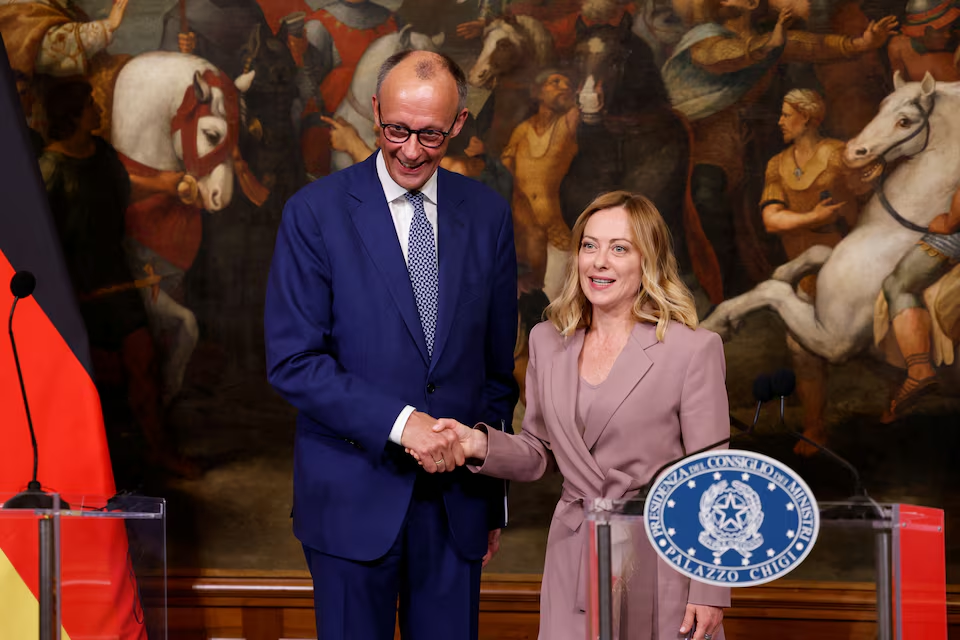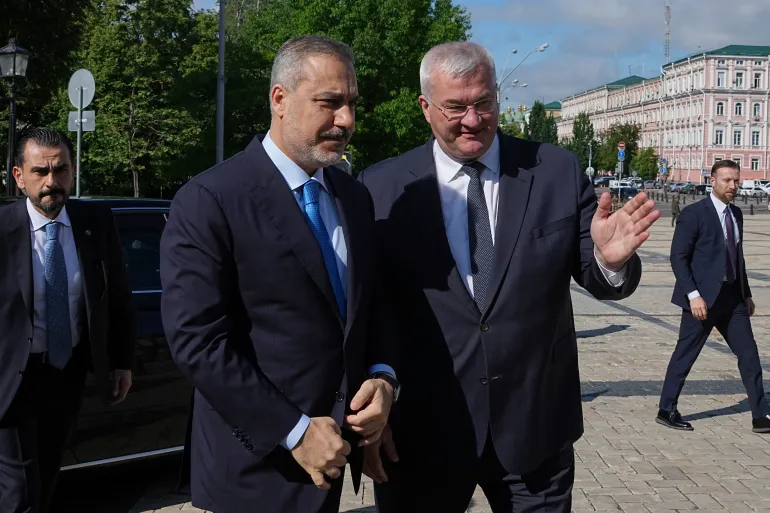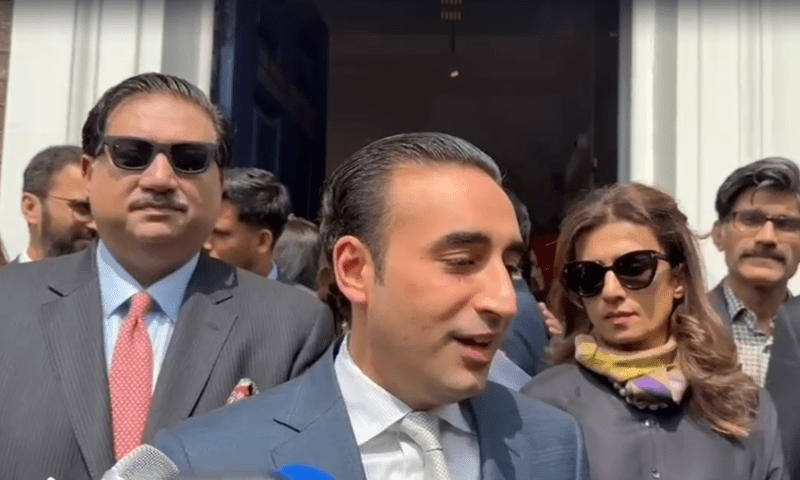Italian Prime Minister Giorgia Meloni has issued a stark warning to the European Union, cautioning that the bloc’s aggressive environmental policies could lead to what she termed “industrial desertification” across Europe. Speaking at a forum on energy and competitiveness, Meloni emphasized the need for a more balanced approach to climate action that protects both the environment and the continent’s economic foundation.
Meloni’s remarks come amid intensifying debate over the EU’s flagship Green Deal, which aims to achieve climate neutrality by 2050. The ambitious plan includes sweeping regulations on emissions, energy use, transportation, and industrial output. But critics like Meloni argue that the transition is moving too fast and lacks realistic provisions to shield European industry from global competition—particularly from countries with laxer environmental rules.
“If we continue at this pace, without pragmatic planning and fair competition, we risk turning Europe into an industrial desert,” Meloni said. “Our factories will shut down, our workers will suffer, and our economies will weaken—not because we oppose sustainability, but because we failed to implement it responsibly.”
The Italian leader stressed that climate goals must not come at the cost of economic sovereignty and job security. She called for a reassessment of EU policies that she claims disproportionately burden southern and eastern European countries, where industries are less technologically advanced and more vulnerable to regulatory shocks.
Meloni also pointed to the growing pressure on sectors such as automotive, steel, and manufacturing, which face rising costs due to stricter emissions standards and carbon pricing. She criticized what she described as “ideological rigidity” within the European Commission and urged a shift toward policies that encourage innovation without sacrificing competitiveness.
Her comments align with growing concerns among several EU member states, particularly in Central and Southern Europe, where governments worry that their economies may be left behind in the bloc’s green transition. France and Germany have also expressed reservations about the pace and scale of certain climate regulations, though they have not used language as forceful as Meloni’s.
The Italian prime minister proposed a series of measures, including more flexible emissions targets for energy-intensive industries, increased funding for green innovation in developing regions, and stronger protections against carbon leakage—the phenomenon where production shifts to countries with lower environmental standards.
She also took aim at what she called “the illusion of a carbon-neutral utopia built on the ruins of our industrial base,” urging EU leaders to “wake up to the real-world consequences of blind adherence to unattainable goals.”
Meloni’s comments are expected to resonate with Italy’s business community and labor unions, many of which have expressed concern about the impact of climate legislation on jobs and long-term economic growth. The Italian Chamber of Commerce recently published a report warning that nearly 150,000 jobs could be at risk over the next decade if the EU’s current green policy path remains unchanged.
While the European Commission has yet to formally respond to Meloni’s speech, a spokesperson reiterated the EU’s commitment to a “just transition” that leaves no one behind. “We welcome the ongoing dialogue with member states to fine-tune implementation and ensure social and economic cohesion,” the spokesperson said.
Environmental groups, however, have criticized Meloni’s remarks as fearmongering. Greenpeace Europe issued a statement accusing her of using industry concerns as a pretext to stall essential climate reforms. “Delaying action will only make the climate crisis worse—and costlier,” the group warned.
Despite the controversy, Meloni’s intervention has reignited debate across Brussels and European capitals about the best path forward. With European elections on the horizon and increasing political pressure to deliver both climate results and economic stability, the future of the EU’s green transition may hinge on finding a compromise between ambition and pragmatism.
As Meloni concluded in her speech: “We all want a greener world. But let us not destroy the livelihoods of millions in the process. Sustainability must be a bridge to the future—not a guillotine for our industries.”
Source: Reuters



